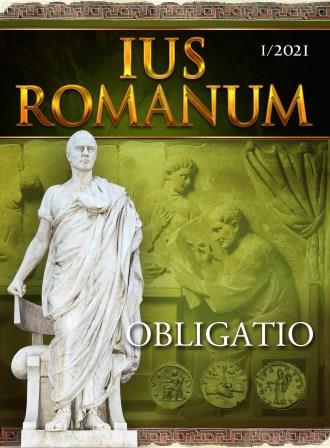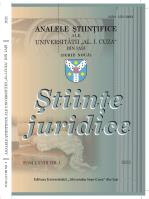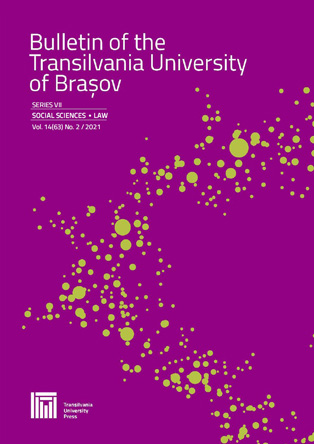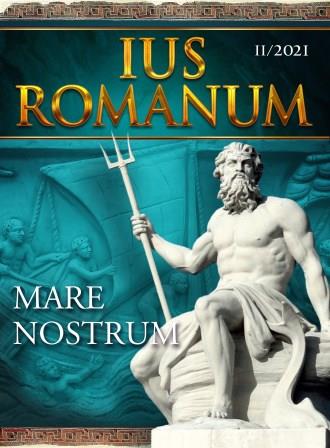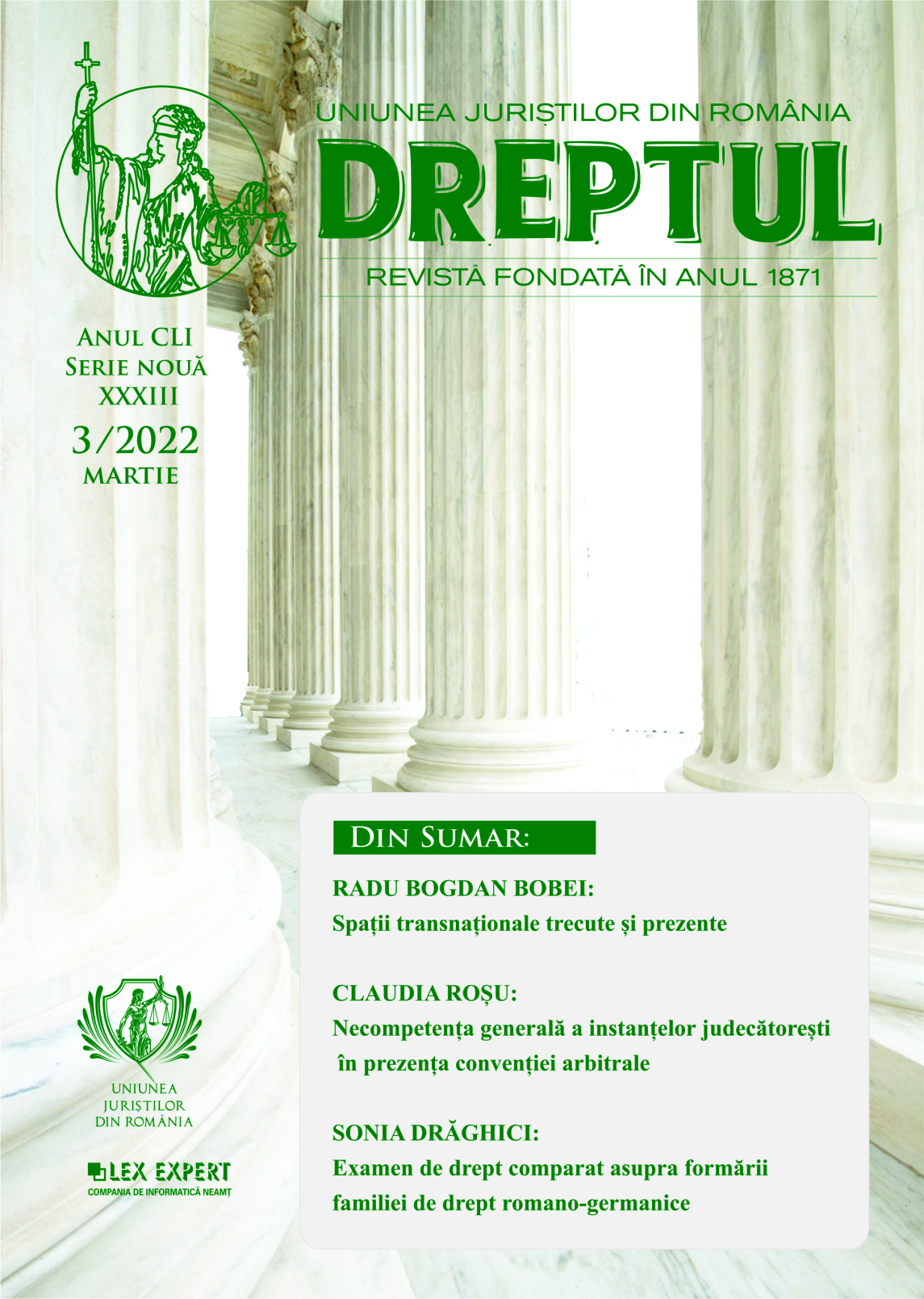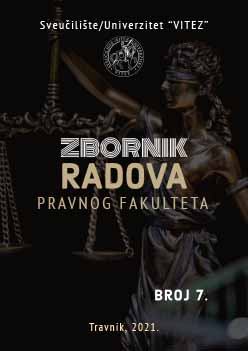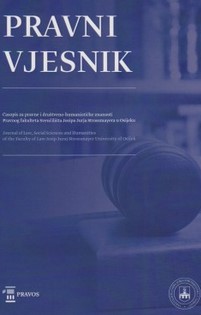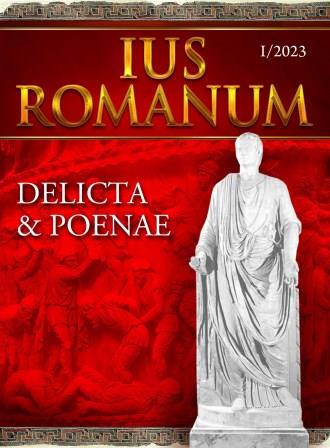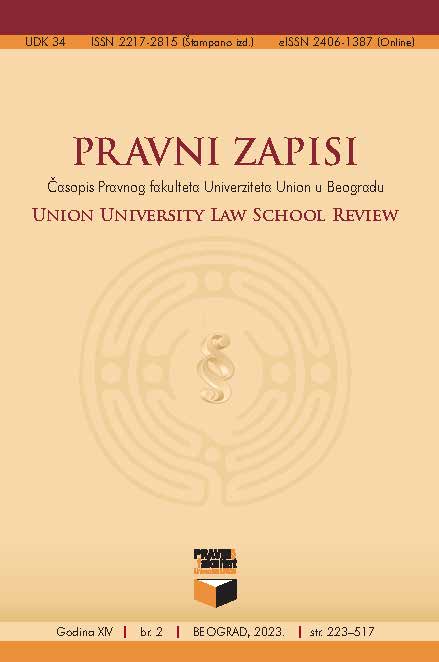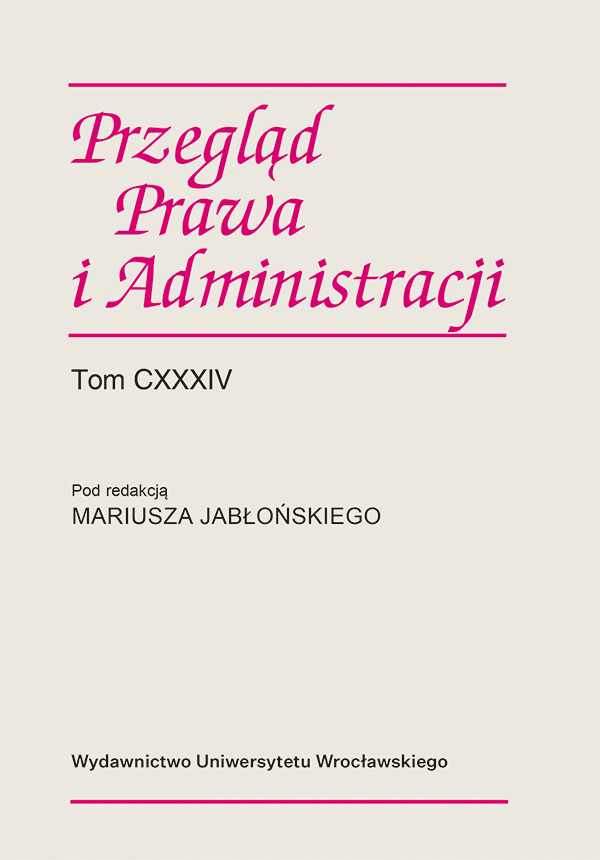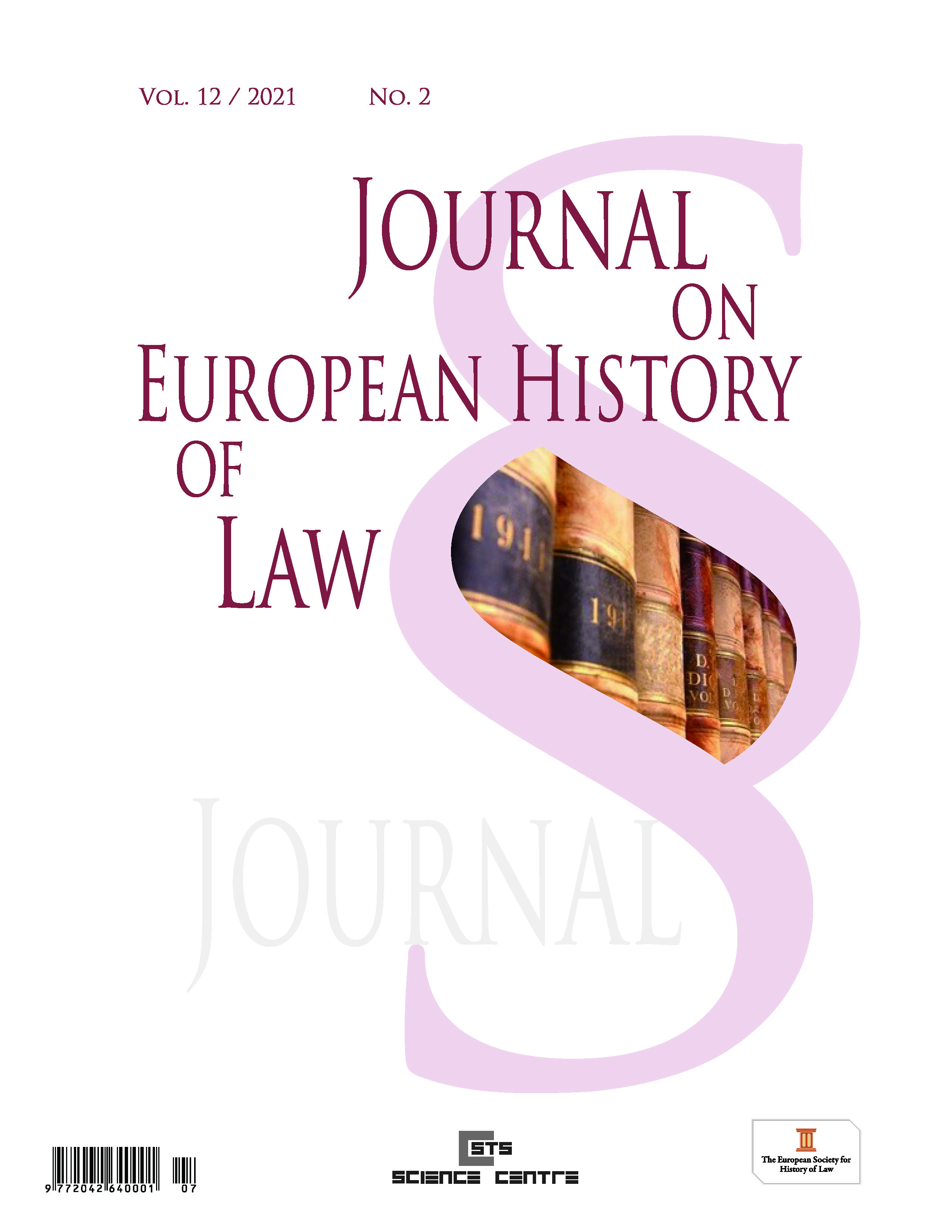
Lex commissoria: from a Forbidden Clause in Roman Law to a (Contemporary) Debtor’s Welcome Relief
The lex commissoria, an agreement under which the creditor assumes ownership of the pledged property if the debtor defaults, was prohibited in the post-classical period of Roman law by the constitution of Constantine in the CTh 3,2,1 (CI 8,34,3). This article explores the possible substance of the lex commissoria in the classical Roman law of pledge as well as Constantine’s motive behind its prohibition, and compares it with that in the contract of sale. The impermissibility of the lex commissoria, as inherited from Roman legal tradition, had persisted in the contemporary Croatian legal system until recently. Under Directive 2014/17/EU, Croatia, as well as all other member states of the EU, transposed the permissibility of such a clause, albeit as limited to consumer housing loan agreements. From this canvas, the concluding remarks juxtapose the Roman with the contemporary lex commissoria and discuss the actual purpose and effect of the said prohibition.
More...
